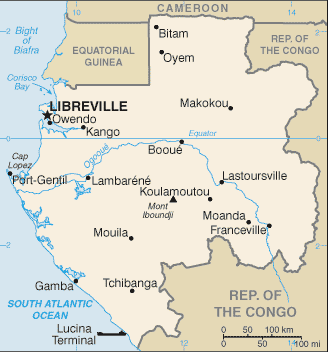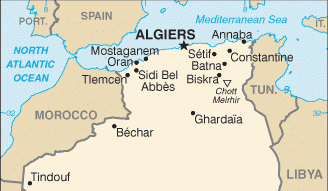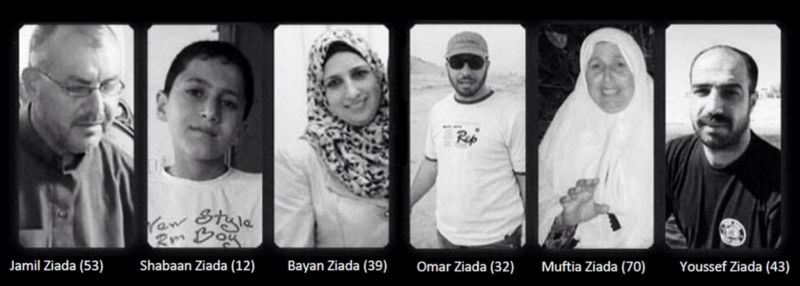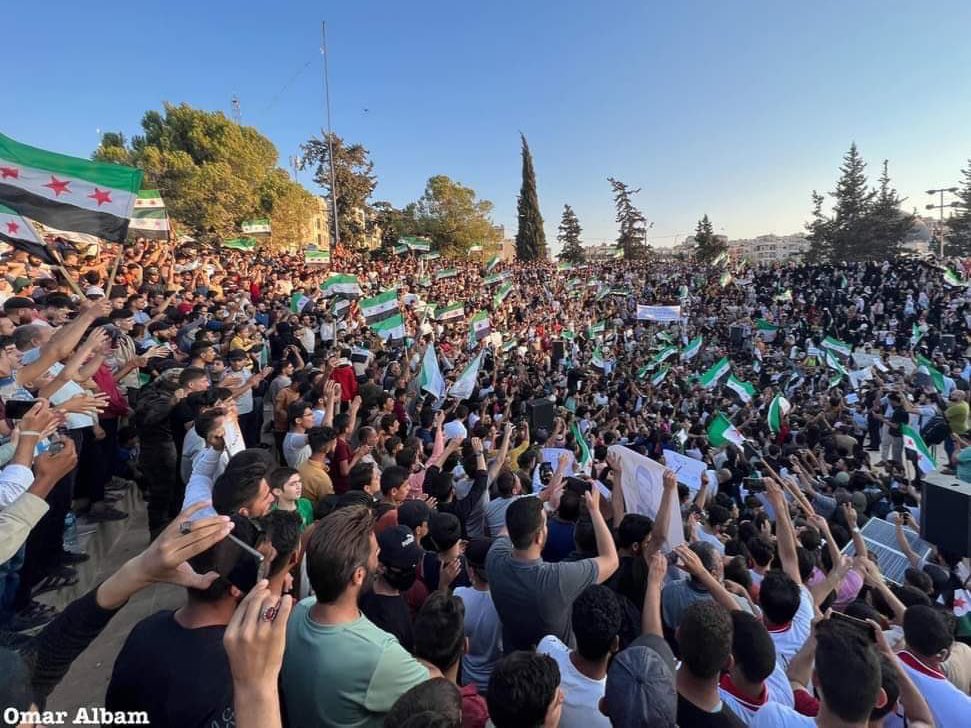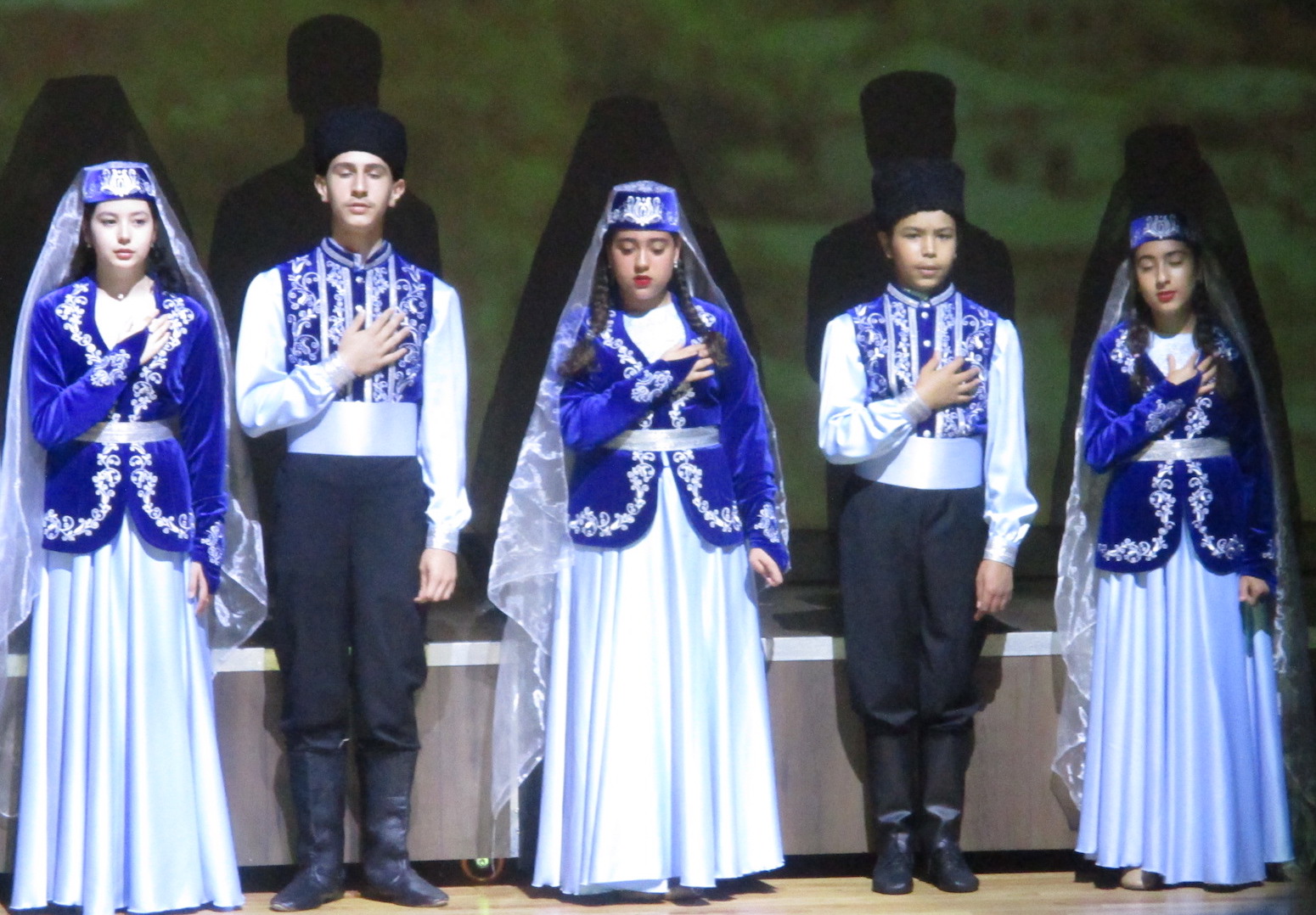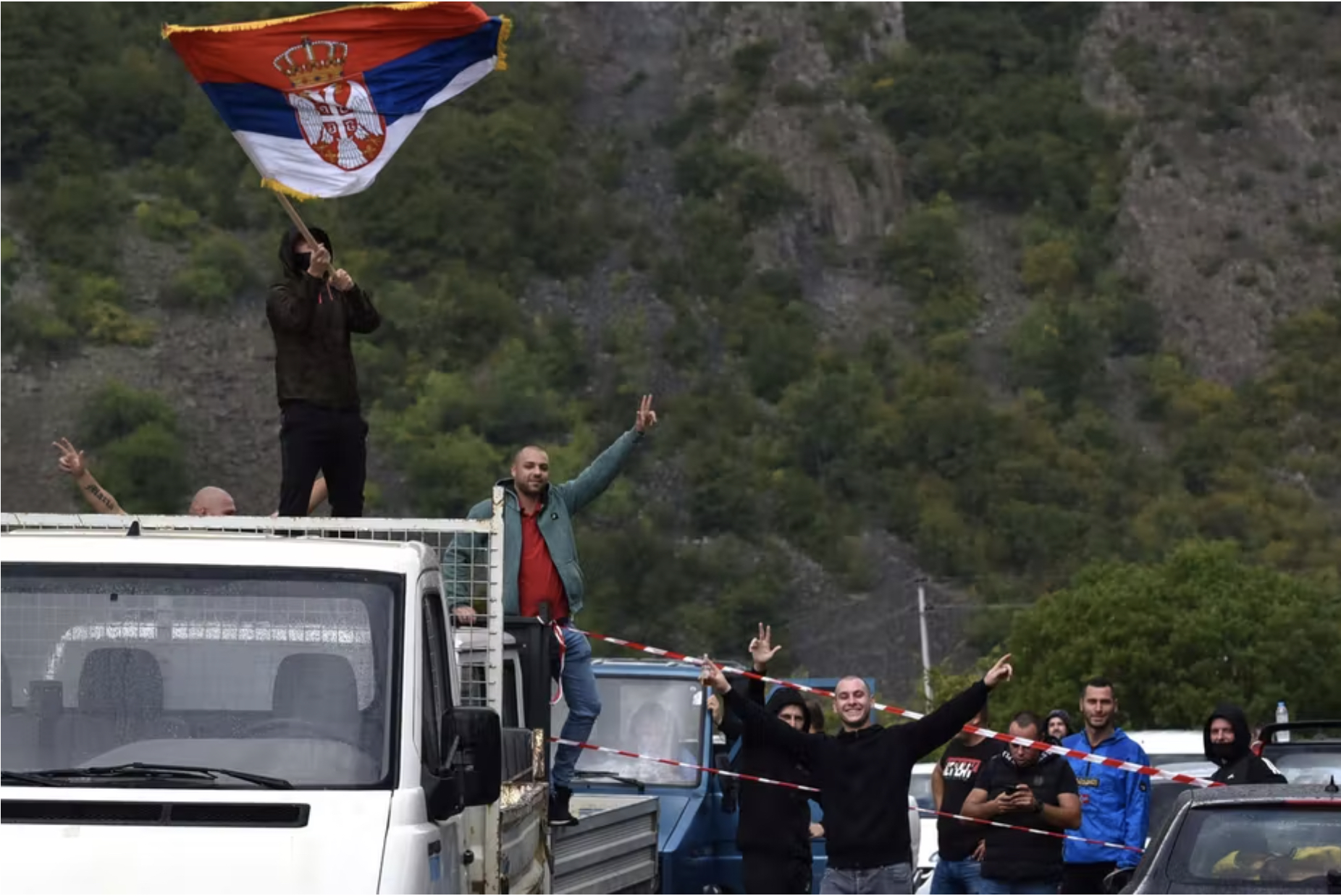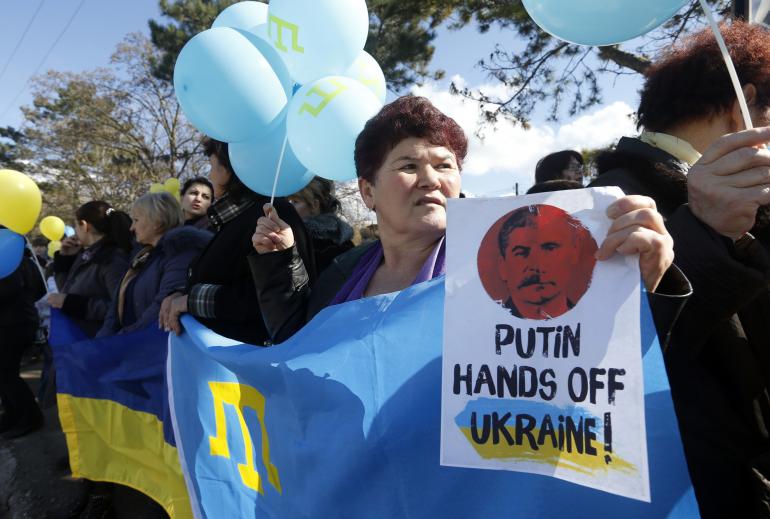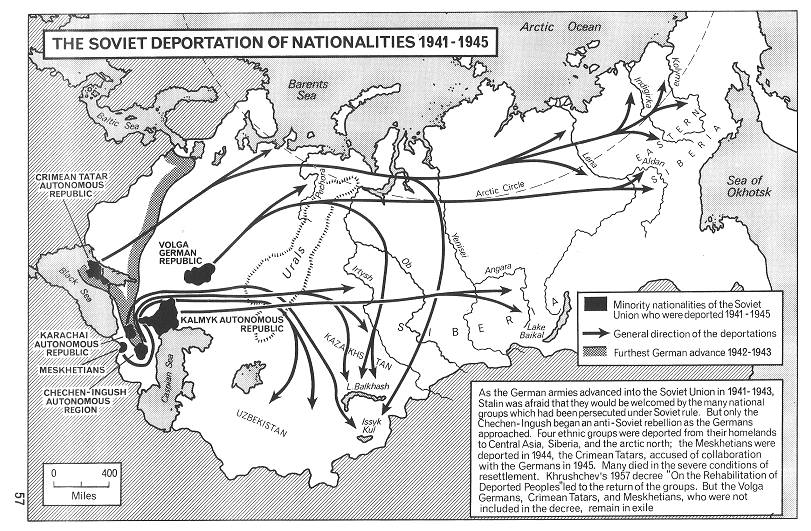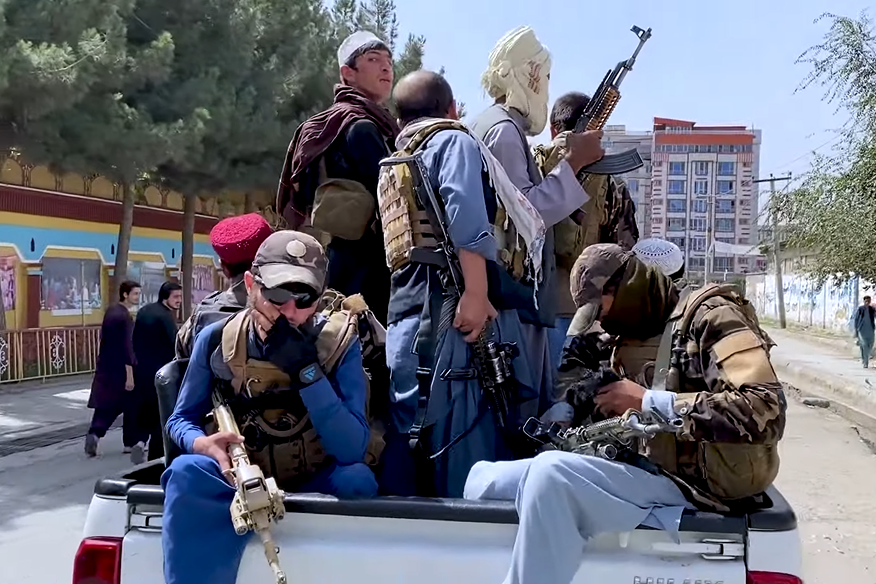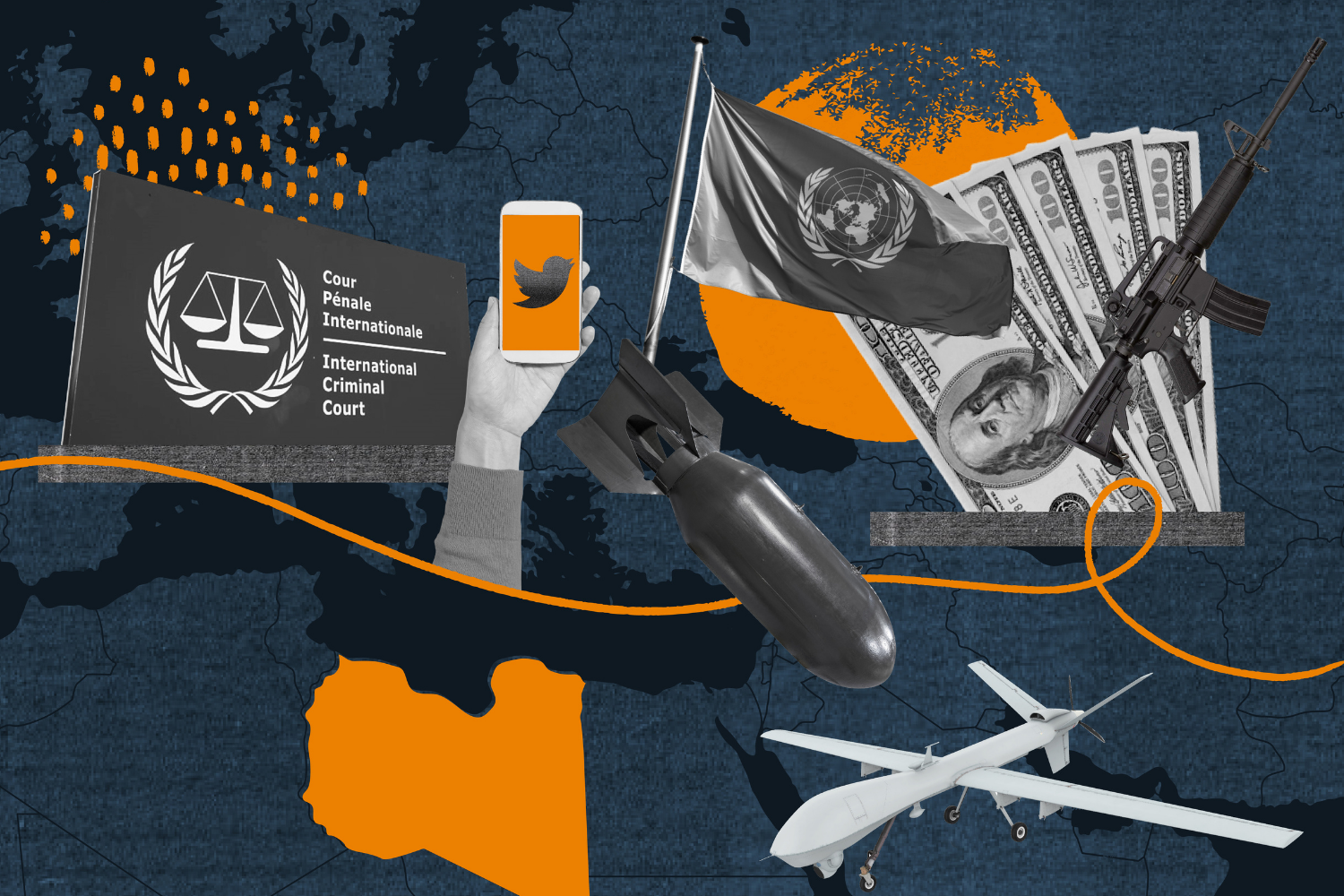
Mali: air-strikes on Tuareg rebels reported
Mali’s military reportedly carried out air-strikes against Tuareg militants in the desert north—an escalation that risks opening up another conflict front in the country, which is already embroiled in a long counterinsurgency war with jihadist rebels. The accusation was made by the Coordinating Body of Azawad Movements (CMA), a coalition of Tuareg rebel groups that signed a peace deal with the Malian government in 2015. The government claims to have struck jihadist positions in the Kidal region, but the CMA rebels charge that they were targeted. Two weeks earlier, the CMA also accused Malian forces and Russian Wagner Groupmercenaries of attacking its followers in the Timbuktu region. (Map: PCL)





